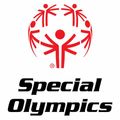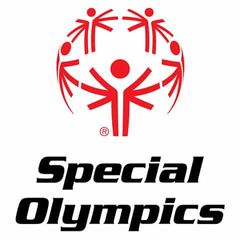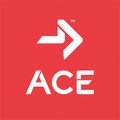Health and exercise professionals have a strong influence not only with their clients, but also within the health and fitness industry. Personal trainers, group fitness instructors and health coaches can impact the lives of many through their work and advocacy in areas that need improvement in the health and fitness world. One of these areas is creating more inclusive gym environments for individuals with intellectual disabilities (ID).
More than 80% of people with disabilities report wanting to be more physically active. Trained health coaches and exercise professionals, access to equipment and amenities, social support and an inclusive gym environment will all be key factors that help those individuals become more physically active.
Individuals with ID are those classified with significant limitations in intellectual functioning and adaptive behavior starting before the age of 22. Intellectual disability can be identified in two major sectors: intellectual functioning and adaptive behavior. Intellectual functioning includes mental capacity, such as learning, reasoning and problem solving, while adaptive behavior relates to concepts such as conceptual, social and practical skills that are learned and performed by people in their everyday lives.
People with ID face greater health disparities when compared to the general population. Adults with disabilities are three times more likely to have heart disease, stroke, diabetes or cancer than adults without disabilities. They also face considerable barriers to physical activity, including limited knowledge and self-efficacy, few inclusive or adapted programs, limited training for health coaches and exercise professionals, and few accessible facilities.
This is where you can play a significant role in creating an inclusive gym environment for individuals with ID. Learning more about how you can make a positive impact on this population through health and fitness can help create more inclusive gym environments. Here are a few ways you can practically create an inclusive gym space for individuals with intellectual disabilities:
-
Make reasonable accommodations
-
-
Include easy-to-read materials
-
Make sure all equipment is accessible
-
-
Use inclusive communication
-
-
Demonstrate exercises using all forms of communication: auditory, visual and physical
-
Leave time for questions
-
Confirm understanding
-
-
Provide support and modifications
-
-
Provide choices
-
Set attainable goals
-
Foster positive community attitudes
-
-
Build self-efficacy
-
-
Explain gym etiquette
-
Model proper gym procedures
-
Give walk-through tours of equipment, locker rooms, etc.
-
Abe Assaad, a Special Olympic Athlete explains: “When they [fitness professionals] show me where everything is, it helps me feel comfortable to know where things are without having to always find someone and ask. It helps me feel more confident and competent in the gym.”
ACE and Special Olympics have partnered to train fitness professionals to help meet the physical-activity needs of people with ID. The free Special Olympics Inclusive Fitness Training Course will provide you knowledge and guidance to successfully include individuals with ID in fitness opportunities. You can learn principles and strategies for effective communication, instruction techniques and tips for motivating individuals with ID during training sessions.




 by
by 









 by
by